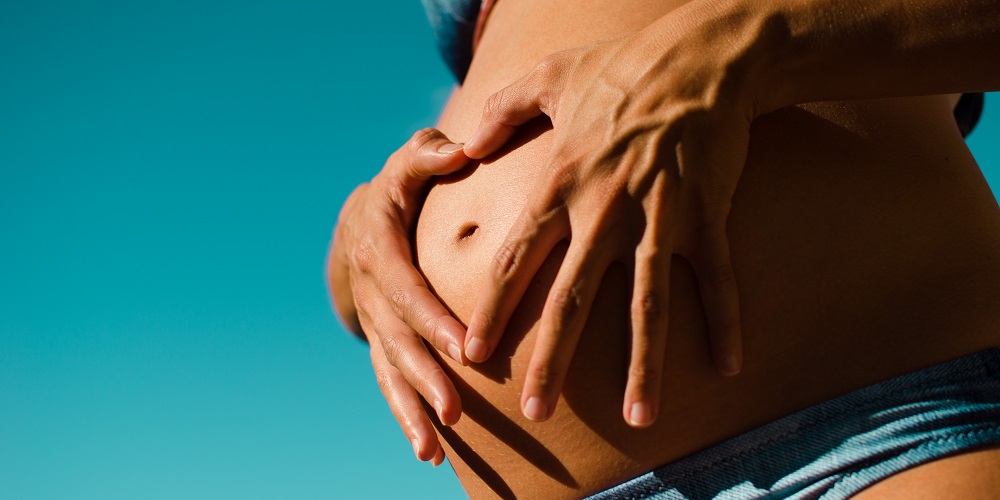
Dr Penny Sheehan, Obstetrician and researcher
As Royal fans move into baby mania once again, spare a thought for the Duchess of Cambridge. She is among the around one per cent of women who experiences severe pregnancy illness called hyperemesis gravidarum.
In its most severed form, it can be life-threatening. Women who have it often think it is normal morning sickness, but it isn’t and it is important that these women seek medical help.
Listen to the podcast about morning sickness
Around 80 per cent of pregnant women will experience morning sickness symptoms that can include nausea and vomiting. Despite its name, it is rarely confined to the morning. It usually lasts up until 14 weeks gestations. But for one in nine women, pregnancy illness will continue until about 20 weeks.
Hyperemesis gravidarum takes morning sickness to a whole new level and often continues throughout the pregnancy. Symptoms include uncontrollable vomiting which, if left untreated, can lead to fluid, electrolyte and acid base imbalance, nutritional deficiency and weight loss. For women who cannot keep food or fluids down, they need to be hospitalised, as the Duchess was during her first pregnancy, to receive intravenous fluid and nutrients.
Treatments
Often cooked foods can trigger sickness, so avoiding triggers is important. But ironically one of the best treatments is to eat and graze continually to keep the stomach full. Not easy advice to digest when you are feeling nauseous.
All things ginger has proven to help, along with acupuncture and vitamin B6. Failing that, there are several medications which can be very effective.
Interestingly severe morning sickness can be associated with twins due to increased amounts of hormones. But the exact cause of morning sickness and its extreme form hyperemesis gravidarum is not really understood.